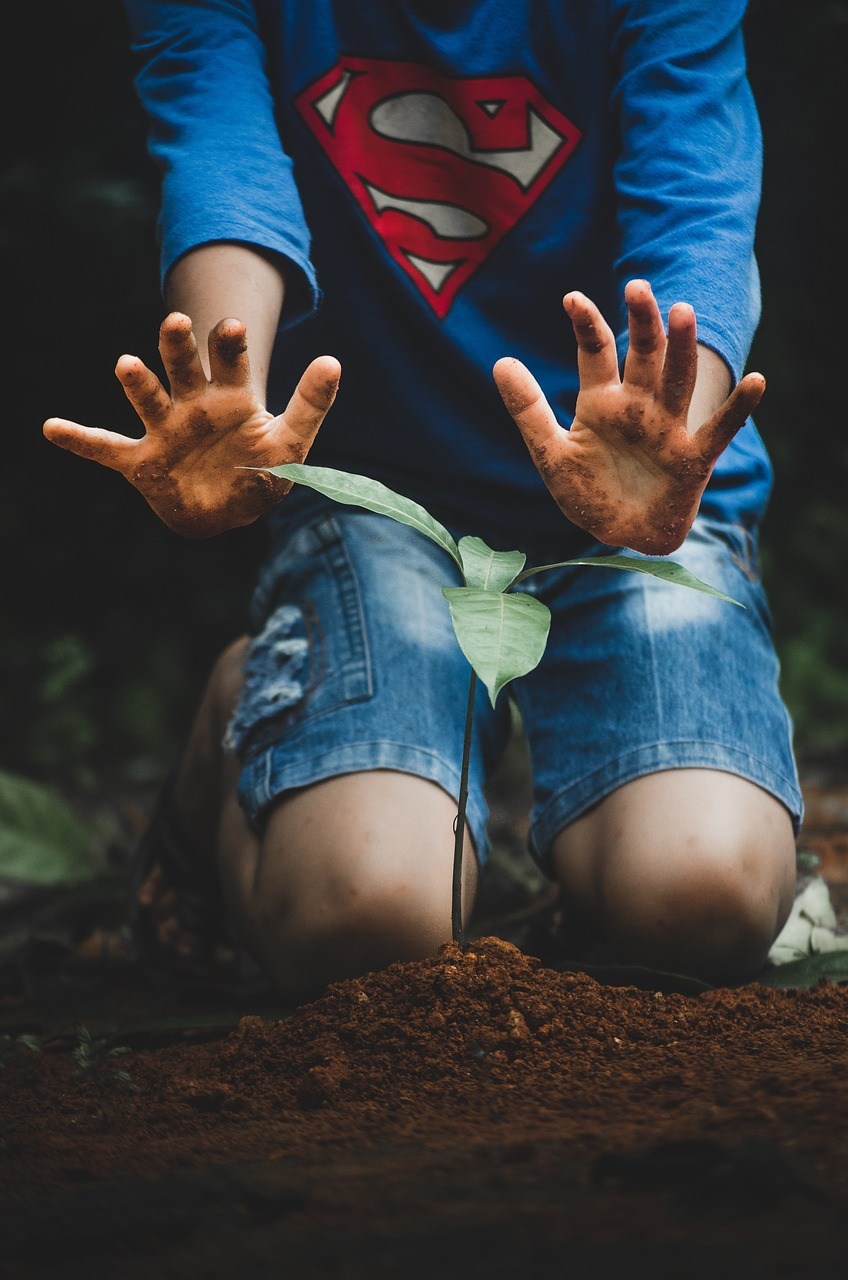A Beekeeper’s Story: An Interview With Cameron Robertson
To wrap up our 3 part National Honey Month series, we interviewed California beekeeper Cameron Robertson to learn about beekeeping as a career.
.png)
The American Farm Bureau Foundation for Agriculture presents: An interview with Cameron Robertson, President of Real American Honey and CEO of Blossom Trail Honey, Inc., on September 27, 2017. Interview conducted by Sierra Bulson, Foundation Assistant, remotely from Washington, D.C. This interview is the third part of a three part series for National Honey Month.
Sierra Bulson (SB): Hi Cameron. As you know, September is National Honey Month and we are excited to have you for our blog series. Thank you for being willing to participate and share some of your insights with us. So, tell us a bit about yourself. What is your background and how did you become interested in beekeeping?
Cameron Robertson (CR): Hello Sierra, thank you for this chance to talk to you about bees. My background is bees – I'm a second generation beekeeper that was born and raised surrounded by bees. My dad has worked with bees for over 60 years and my uncle has been working with bees for just as long. It's just what we do in my family.
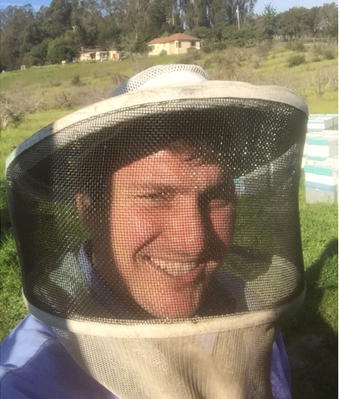
(SB): Wow, that’s amazing! When you first learned about beekeeping did you teach yourself or have you had mentors?
(CR): My mentors have been my father, my uncle, and those they've taught over the last 6 decades that are still chasing bees. I'm also a member of the California State Beekeepers Association and American Honey Producers Association.
(SB): What about now? What are your main sources of information about bees and beekeeping?
(CR): My main sources of information are my peers, our University of California educational system that we use for research, and then individual or private research that we fund as an industry.
(SB): Do you consider beekeeping a career or a hobby in your life?
(CR): My beekeeping is 100% a career. It's what I do all day, every day, and all year round.
(SB): It sounds like you’re quite busy! What does your beekeeping operation look like?
(CR): Our operation is a multi-state, 4,000 colony operation that has a lot of (mostly) well-lubed moving parts.
.png)
We provide pollination services, honey extraction, pollen, and bulk bee sales. We cover the coasts of California to the edge of Yosemite, a large portion of South-West Montana in the Bitterroot Valley, and we are even as far east as Minnesota. We also own and operate an overwinter facility for hive storage.
(SB): I think busy is an understatement! How much honey do you guys produce and sell?
(CR): Our operation can produce a lot of honey. Years and seasons vary, but we can produce anywhere from 180,000-300,000 pounds of honey in a calendar year. And typically, we can sell every last drop.
.png)
The U.S. domestic honey market has been strong and it's very important for consumers to know where their honey is coming from. We are trying to do a better job of educating the consumer and the end user. THERE IS A DIFFERENCE – so check the back of the label!
(SB): I’m going to have to read the label on my honey when I get home. I always try to buy honey from the farmer’s market when I see it there. Do you sell anything else? What about beeswax?
(CR): Yes, although honey is the primary product produced from our operation, we do harvest and sell lots of other byproducts of the hive. We sell wax, pollen, bulk bees, queens, etc.
.png)
(SB): Sounds like you do a little bit of everything! Have you ever been, or maybe I should ask, how often are you stung? Is beekeeping dangerous?
(CR): Oooooh the stings. Yes, I think I got stung once or twice so far...... today. Haha I'm messing with ya. Yes, you get stung – some days more than others.
Some tasks in the hives cause more stress and create a more aggressive environment. For other tasks, we don't even bother putting on a veil. If you're allergic to bees, then YES, it's DANGEROUS.
I can't stress that enough. Sorry and sadly, if you’re allergic you should find another hobby or career. However, if you're not seriously allergic, then it's not dangerous at all. The highest risks we face are late nights when we are by ourselves, out in a faraway, remote yard, and risk encountering a bear or tripping and falling off a truck bed. But that sounds like any other Saturday for a lot of guys I know.
(SB): Oh boy, I’m from Michigan and we have black bears up north. I can’t imagine the risk of encountering a bear being a part of my daily job.
So, I have to ask, what are your favorite and least favorite parts of beekeeping?
(CR): My favorite part of beekeeping is harvesting honey. You literally get to watch the rewards of years of hard work flow...... plus there are unlimited free sample tastings.
My least favorite part of the job is picking up dead-outs as we are checking yards. To see a hive that is now decimated when only a couple weeks or a month prior it was thriving never gets easy.
(SB): That has to be frustrating. What would you recommend to those interested in getting started? Do you have any advice or specific resources to recommend?
(CR): Oddly enough, technology is helping to create free education in about every industry and bees are no different. So Facebook has a lot of beekeeper groups to join and YouTube has some decent videos.
Another great resource is your local state bee association. Oftentimes counties or cities also have beekeeping clubs. At our ranch in Darby, Montana we had our local bee club that encompasses the entire Bitterroot Valley come out and see our operation there. They are a great group of folks.
(SB): Those are great pieces of advice! Thank you so much for taking time out of your busy spring harvest to answer some questions for us.

Want to introduce bees into your classroom? Check out some of our bee-related Recommended Publications under the topic "Entomology & Food From Insects" and reach out to your local Farm Bureau or Beekeepers Association - they can connect you to real beekeepers like Cameron!
All photographs in this article have been provided by Cameron Robertson and are real photos from Real American Honey and Blossom Trail Honey, Inc. operations.
Part 3 of 3 part National Honey Month series.



